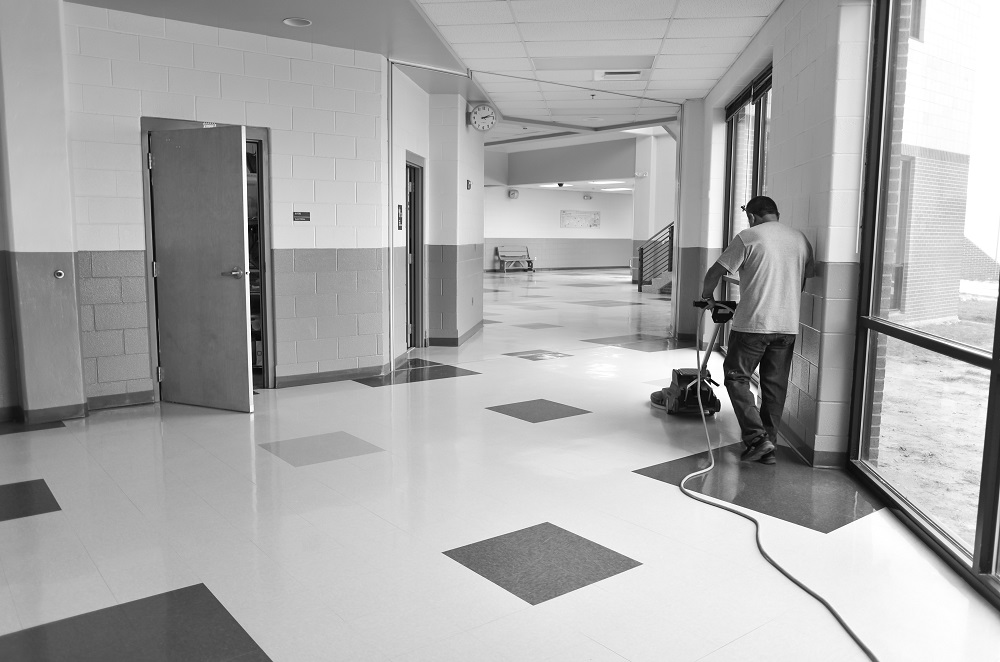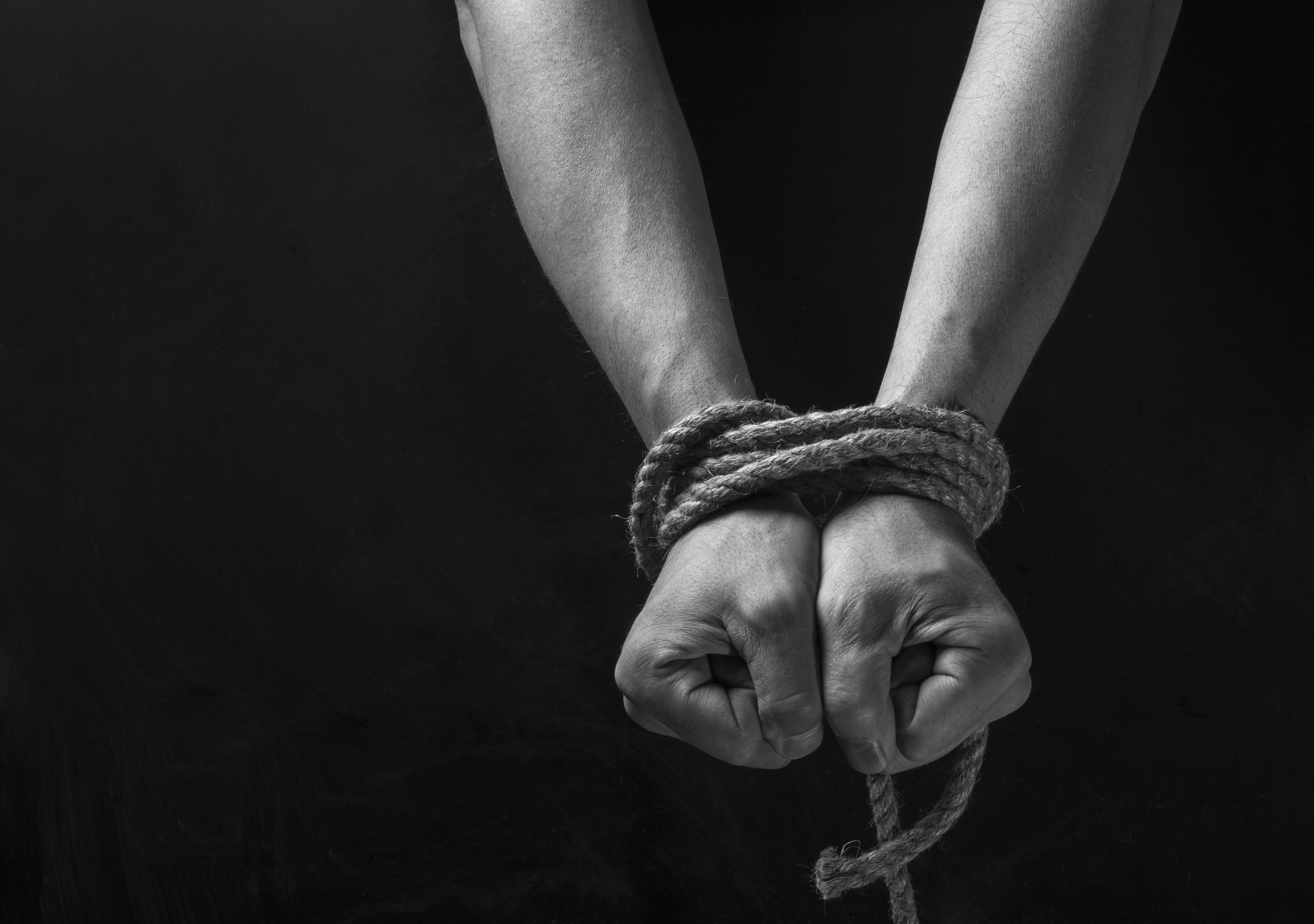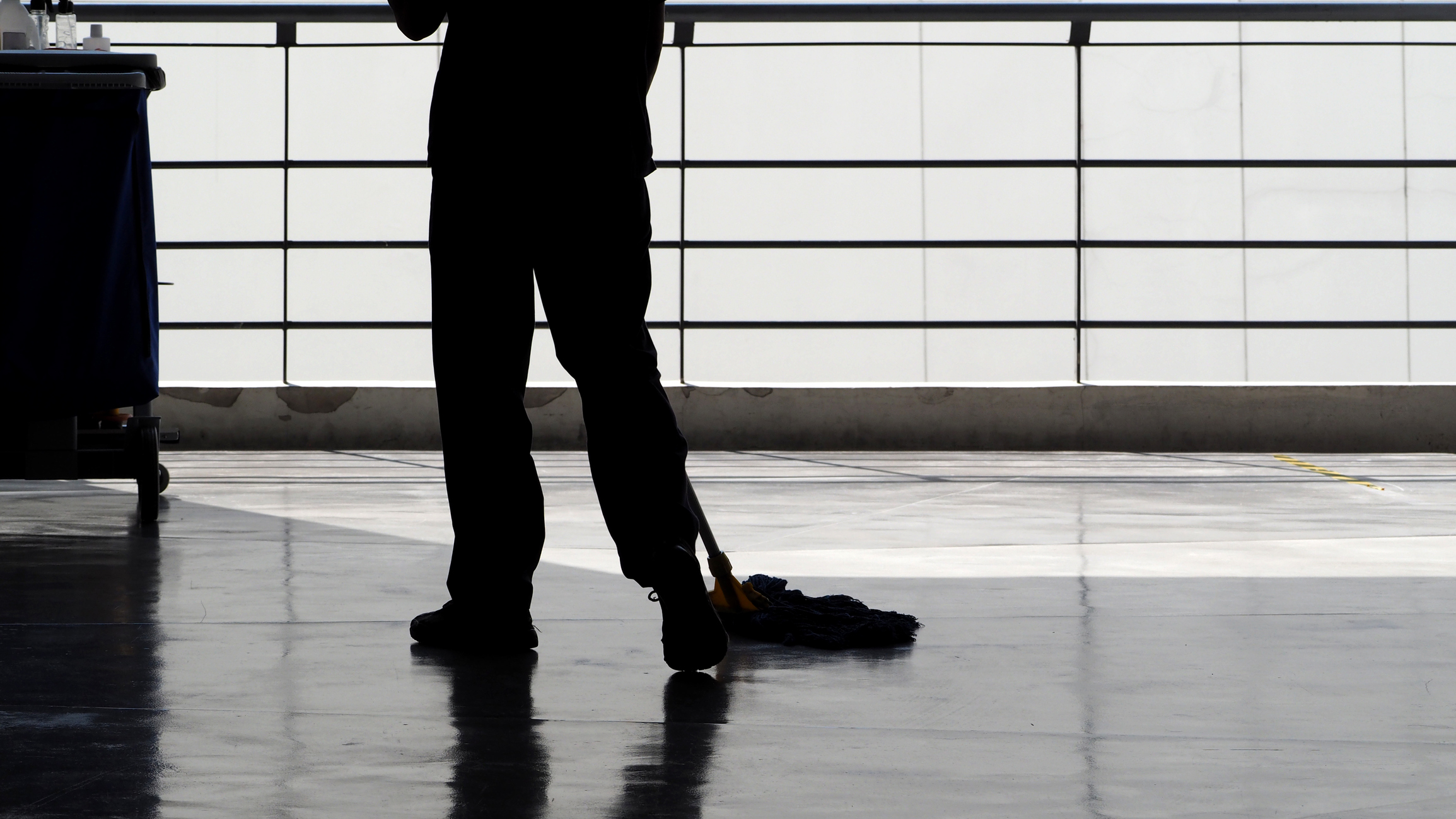
Co-authored by: Vanessa Zimmerman, Pillar Two; Poonam Datar, Cleaning Accountability Framework; Sandra Silea, AustralianSuper and Tony Gorgovski, BIC
The issue of modern slavery has garnered much attention in Australia in recent years. Globally, there are approximately 40 million people who are being subjected to slavery like conditions[1].
Australia is not exempt from this, with an estimated 15,000 people experiencing modern slavery within Australia’s borders[2]. There is increasing urgency both internationally and in Australia to address this issue.
The business community is under increasing pressure to demonstrate what they are doing to prevent and address any involvement they may have in modern slavery.
The introduction of the Commonwealth Modern Slavery Act requires companies with an annual consolidated revenue of more than $A100 million to report on what they are doing to identify and mitigate the risks of modern slavery in their operations and supply chains.
While the Act is focused on reporting, its mandatory reporting criteria can also be used as a framework for action to guide companies in their modern slavery risk management approach.
The United Nations Guiding Principles on Business and Human Rights, endorsed by the UN in 2011 (and supported by Australia), includes key terms referenced in the Modern Slavery Act and its guidance.
The principles provide business with an authoritative global reference point for how to respect human rights in practice, including how to prioritise actions in complex supply chains.
The principles make it clear that businesses need to focus beyond just risks to business and consider what risks they could pose to people, such as workers and community members.
Investors are paying closer attention to the actions that businesses are taking to address modern slavery risks.
Some of the risk factors companies are assessed against include geographies with poor labour regulatory environments, sectoral risks for industries that are more susceptible to labour abuses, and risky business models that are reliant on poor labour practices.
These factors are often systemically entrenched in a business’s culture and its daily operations, making them difficult to address.
The influence that large institutions can have on promoting changes which mitigate modern slavery risks cannot be undervalued.
Integrating sustainability factors like human rights into investment decision making not only enhances the long-term return on investments, it also has a positive impact on the community.
What is being done in the cleaning industry?
As a sector, cleaning is considered high-risk for modern slavery and exploitation due to the complexity of the industry, the nature of the workforce, and the often opaque nature of operations.
The Cleaning Accountability Framework (CAF) was born out of the need to address these issues and elevate labour standards.
CAF takes a multi-stakeholder approach, bringing together building owners, cleaning companies, facility managers, tenants and the cleaners themselves in a bid to stop what has frequently become a race to the bottom for pay and conditions.
The CAF certification scheme relies on the involvement of all stakeholders, including cleaners and the union, to ensure buildings are meeting minimum legal standards. This provides confidence that a contract is not just delivering the required cleaning service but is also ensuring cleaners are treated fairly and with respect.
Cooperation and support from cleaning services companies, such as BIC, has been integral to the development of the certification scheme.
BIC along with a number of other cleaning companies, have been showing leadership in their industry and commitment to improving standards for cleaners.
CAF is one of a number of industry collaborations BIC is a part of in a bid to improve conditions for workers.
As a result, BIC is well-placed to introduce its own Modern Slavery Framework in preparation to report under the Modern Slavery Act.
The framework is underpinned by practical actions, starting with commissioning a deep dive assessment of their supply chain.
This was then used to develop a strategy and introduce a supply chain management program, which includes targets to redirect spend from high-risk foreign countries back to Australian and Indigenous based suppliers.
These actions, together with BIC’s participation in CAF, make it well placed to deliver a robust Modern Slavery statement next year.
While the issues that lead to modern slavery may seem intractable, they are not impossible to overcome and are in fact good for business.
Multi-stakeholder initiatives such as CAF are demonstrating that industry wide change is possible and are paving the way for other industries to follow.
To hear more about Modern Slavery legislation attendee the Modern Slavery Act reporting and the cleaning industry panel session on Thursday, October 24th at the ISSA Cleaning & Hygiene Expo
[1] Global slavery Index, Overview, https://www.globalslaveryindex.org/2018/findings/highlights/
[2] Global Slavery Index, Country Studies: Australia, https://www.globalslaveryindex.org/2018/findings/country-studies/australia/
Comment below to have your say on this story.
If you have a news story or tip-off, get in touch at info@3.106.117.80.
Sign up to INCLEAN’s newsletter.

